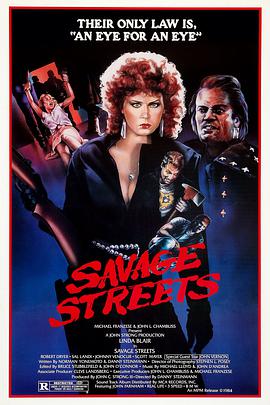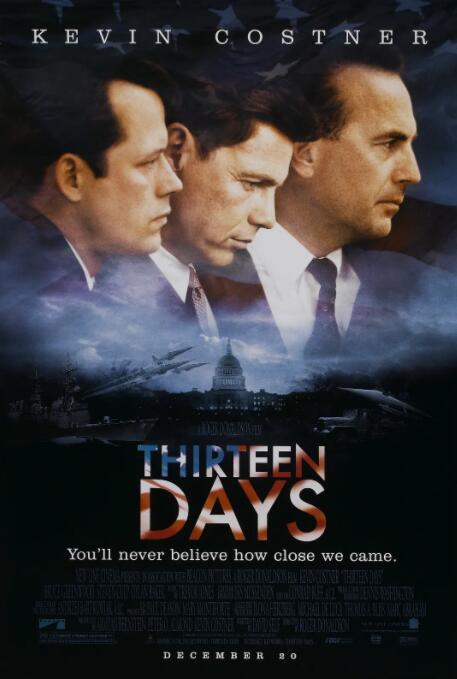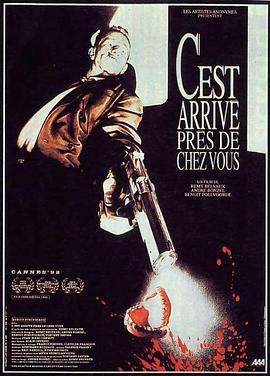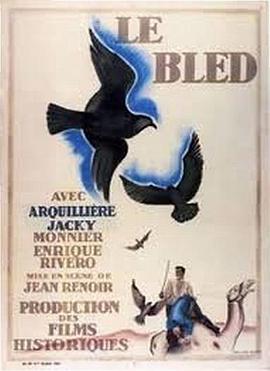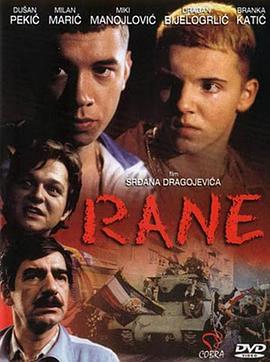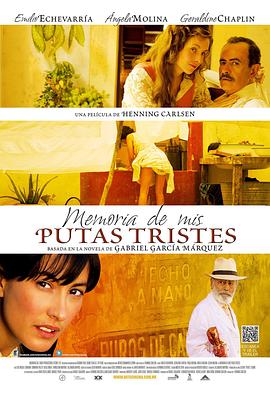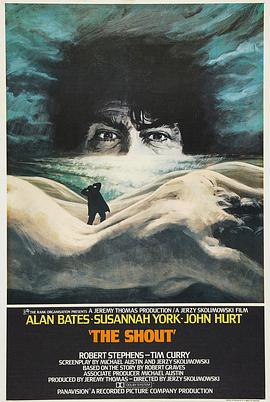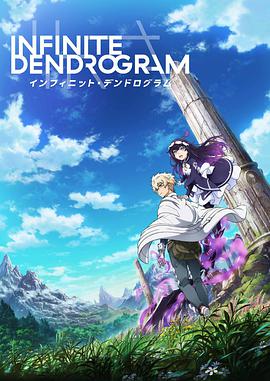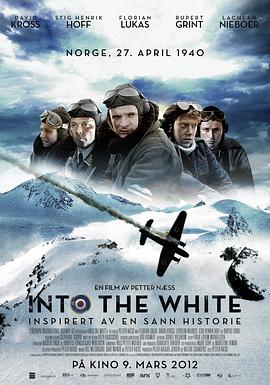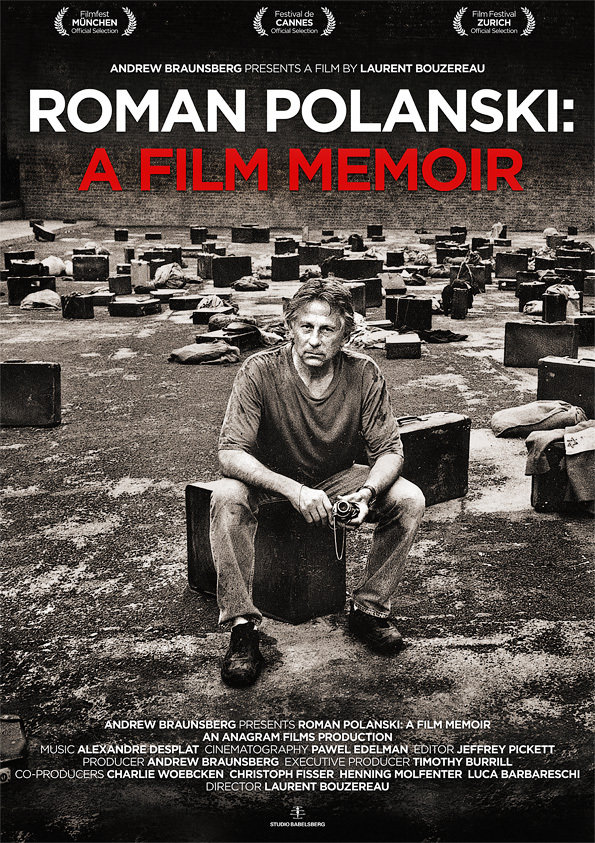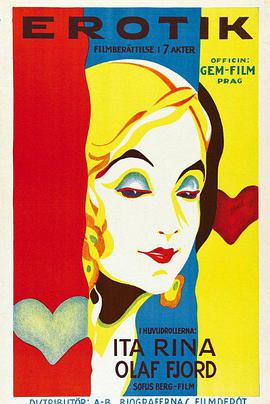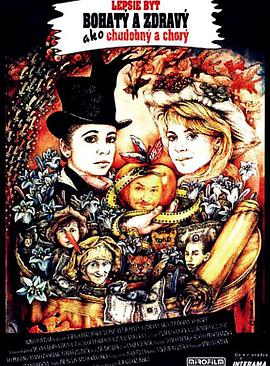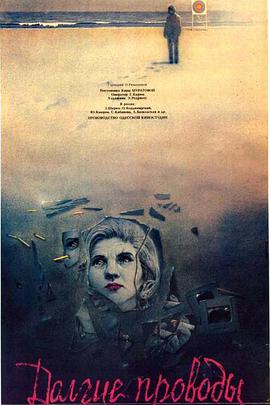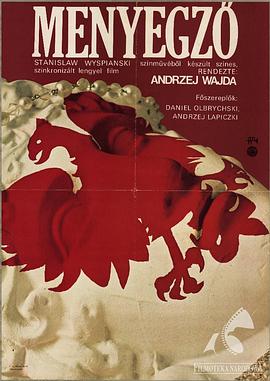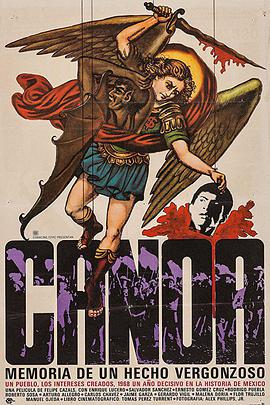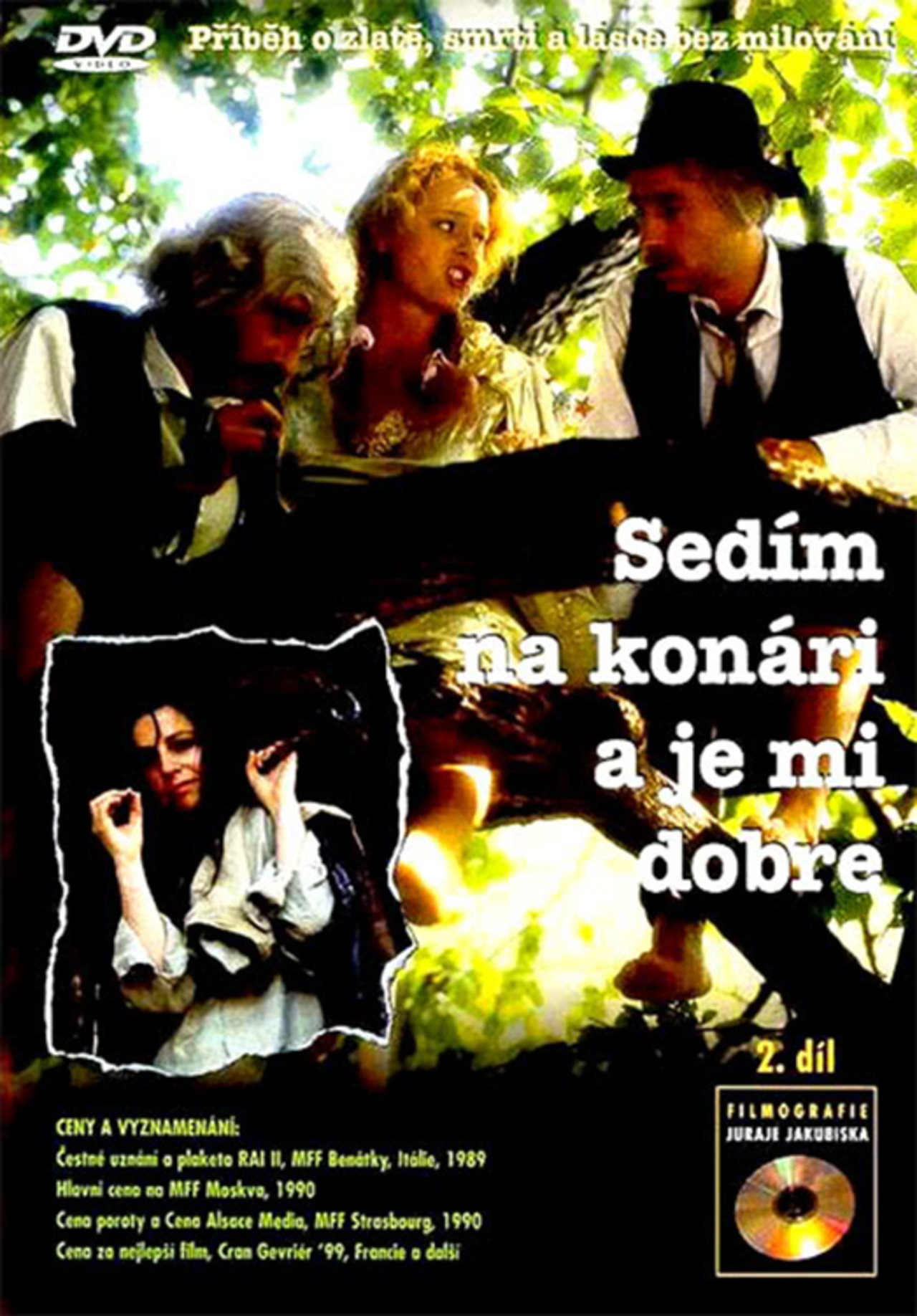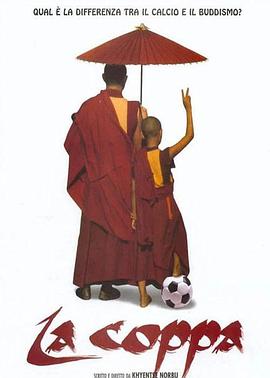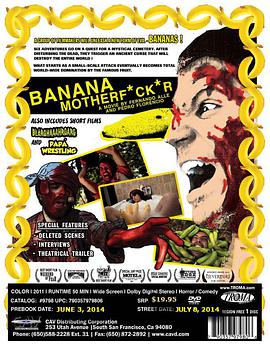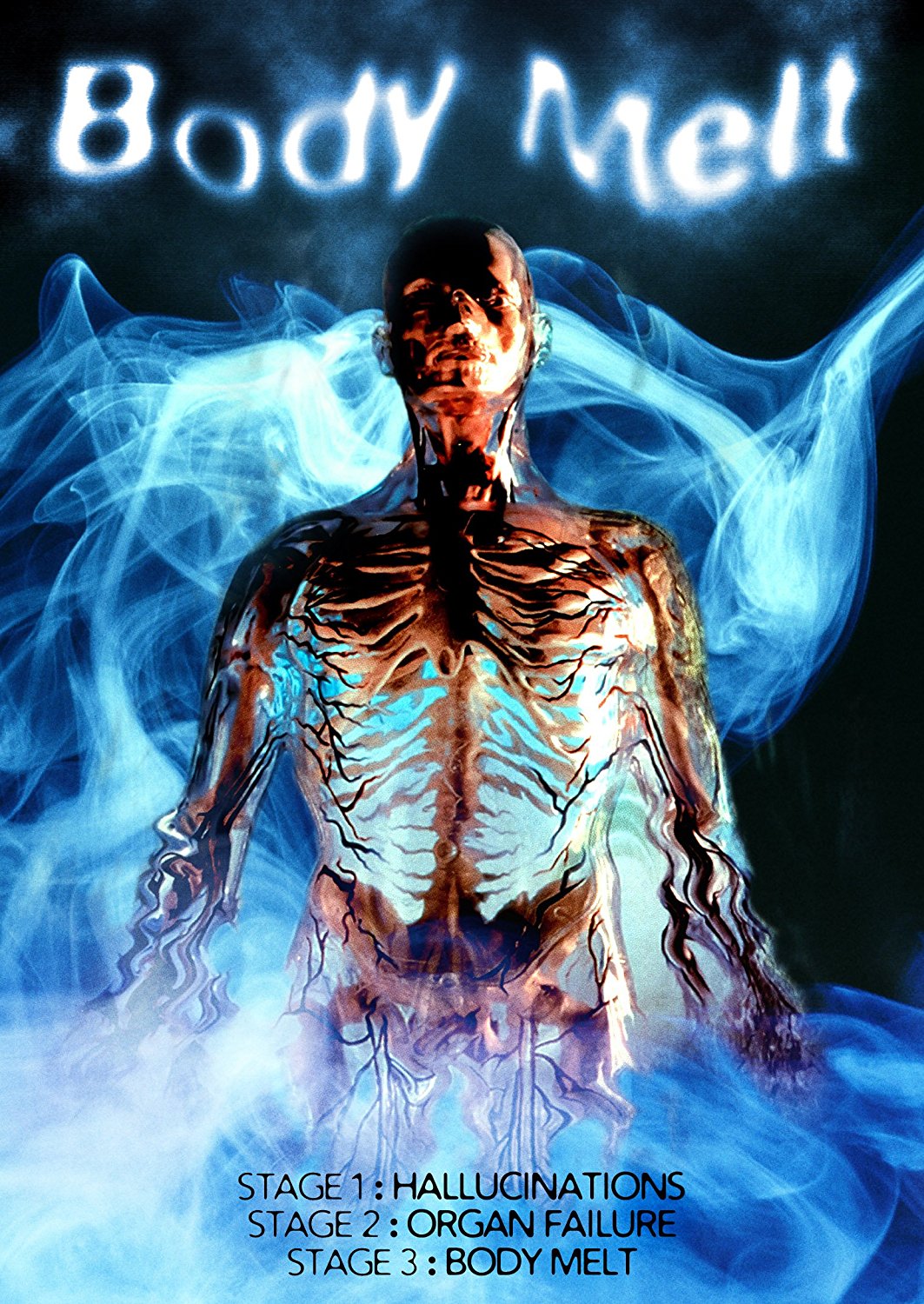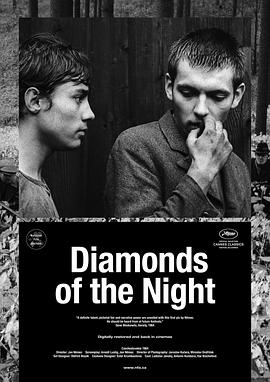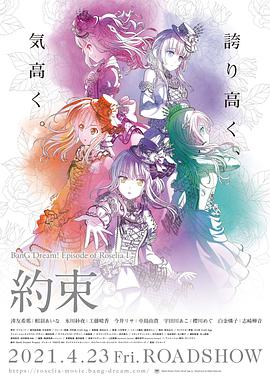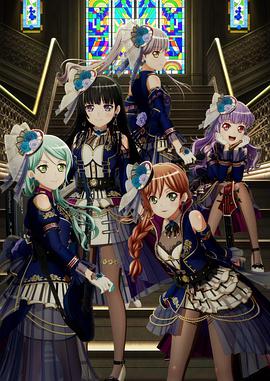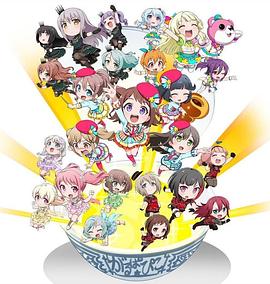Dr
搜索"Dr" ,找到 2932部影视作品
导演:
/
丹尼·斯坦曼
主演:
剧情:
An altercation between a group of girls out for the night and a gang of local punks leaves the punks vowing revenge. It comes in t暴奸25点he form of the gang-rape of a young mute (Heather) and her older sister (Brenda) starts hunting the gang in turn - armed with bear traps and crossbow. A teenage vigilante seeks revenge on a group of violent thugs who raped her handicapped sister and killed her best friend.
导演:
/
罗杰·唐纳森
主演:
剧情:
1962年10月14日,一则由飞临古巴上空U-2侦察机所拍摄照片中透露的情报信息,引发了一场当时世界两大超级大国美国与苏联之间的空前危机。美国情报官员在这组情报资严正花快播料中发现,苏联正在距离佛罗里达不到150公里的古巴首都哈瓦那西南的圣克利斯托瓦尔修建基地,部署中短程导弹和运 载核武器电视剧扫黑风暴40集在线观看的伊尔-28重型轰炸机,这些导弹足以摧毁全美各大城市并且造成重大伤亡。全美上下陷入极度恐慌之中,也将整个世界推向了核灾难的边缘。总统约翰·肯尼迪(布鲁斯·格林伍德 Bruce Greenwood 饰)和其弟罗伯特·肯尼迪(斯蒂文·卡普Steven Culp 饰)沉着应对这场一触即发的核战危机,影片透过白宫高级特别助理肯尼斯·奥唐纳(凯文·科斯特纳 Kevin Costner 饰)之眼,再现了危机重重的电视剧恋恋不忘惊天十三日
导演:
/
Rémy Belvaux,André Bonzel,伯努瓦·波尔沃德
主演:
剧情:
热爱吟诵诗歌且幽默健谈的杀手贝罗特(Benoît Poe170彩票服务平台lvoorde 饰)自费请来一支摄制组为他拍摄纪录片。在镜头前,他毫无保留且毫无隐讳地展现每次行凶的全过程,并悉心讲解不同的杀人技巧。摄制组成员从最初的观众逐渐演变成贝罗特的帮凶,这一种疯狂之人仿佛失控的汽车,飞速向毁灭的终点驶去…… 本片成本仅为15000美元,却成为比利时当年商业上最成功的影片,并且荣获1992年戛纳电影节SACD奖最佳影片和青年特别奖、1993年法国电影评论协会奖最佳外语片奖、1992年Sitges – Catalonian国际电影节最佳男主角(Benoît Poelvoorde)和最佳影片奖、1看脸时代漫画992年多伦多国际电影节Metro媒体奖。 本片导演Rémy Belvaux于2006年9月4日去世,享年40岁。
导演:
/
让·雷诺阿 Jean Renoir
主演:
剧情:
Claudie, a young French woman, inherits her uncle's property in Algeria, much to the disappointment of her scheming cousins Diane and Manuel. On the ferry she me黄鳝门百度云ets and falls for Pierre, an idle young man who has squandered his inheritance and is on his way to beg from Christian, his rich but rough-and-ready uncle, who owns a neighbouring farm to Claudie's. Made to work on the farm by Christian as a loan condition, Pierre is soon a changed man, and proposes to Claudie. But when his Arab friend Zoubir invites the Europeans on a hunting party, Diane 火影忍者483and Manuel see their chance to move against their cousin.
导演:
/
斯尔詹·德拉戈耶维奇
主演:
剧情:
How easy is it for desperate youngsters to become dangerous gangsters in a decaying society washed all over by the blood o51漫画VIP兑换码免费领取2021f war? Fairly easy indeed. Rane shows incidents, probably somewhat facts, that took place in Serbia of the war era. Things similar to what you see on this film could happen virtually everywhere, but this film gives a very Yugoslavian feeling to everything. Yugo style mafia, Yugo style murder, and all that. Revolting politicians and their greed are to blame, not only the desperate young men w风犬少年的天空全集资源ho lose their reasoning while trying to be someone. The film and the casting is overall successful, and it's so very Serbian. I recommend it to anyone who.. well anyone who likes a go野花视频免费观看od film. But don't expect anything American style on this one, as I say it's Yugo to the bone.
导演:
/
卡尔森·亨宁
主演:
剧情:
九十岁的老记者(Marco Antonio Treviño 饰)要迎来自己的寿辰,于是致电老朋友——妓院老鸨罗萨(Geraldine Chaplin 饰),要求她为自己找世界微尘里电视剧免费观看一个处女过夜。一位年轻的女工(Alejandra Barros 饰从此进入老人的生活,白天,她在工厂缝扣子,晚上,她穿过半个城市来到妓院,裸露睡下供老人把玩,在他面前始终昏迷不醒。老人把她叫作德尔加蒂娜,慢慢发觉自己爱上了她,在沉睡的她面前,他回忆起自己一生的所有风流荒唐,家里的洗衣妇,订过婚又被他抛弃的女孩,夜夜笙歌的妓院美景……他越来越发觉自己已经离不夫妻成长日记漫画在线观看开德尔加蒂娜,而她在他睡着后也会偷偷观察他的一切,对他颇有好感,但是一场意外发生的凶杀案令妓院被迫关闭,德尔加蒂娜就此不见,老人开始发疯寻找……
导演:
/
杰兹·斯科利莫夫斯基
剧情:
四十年前以凌厉音效先声夺人,惊吓声威至今仍非同凡响。以疯人院板球赛的倒叙展开,前卫音乐家(尊赫)与妻子居于宁静村庄,不速之客一日突然到访。神秘男子(阿伦卑斯)自称在澳洲内陆杀死妻儿,并学会土著巫术,能以呐喊置人于死地。在海岸夜月血沙丘上张臂一呼,令音乐家崩倒,牧羊人与羊群丧命;魅惑亦令妻子迷倒,取代男主人位置。瘫痪孩子、斜倚裸女与主教头像,培根三幅扭曲人像呈现三个主角的畸零病态;文明与原始、理性与荒谬、真实与虚幻的对峙,暮光之城4破晓下在线观看在杜比音响下环回扩张,令诡异惊栗加倍撼人心魄。
导演:
/
朱拉·亚库比斯克
剧情:
故事发生在捷克,诺娜(迪娜·剧场蛋糕霍瓦索瓦 Deana Horváthová 饰)是一个平凡的女人,一次偶然中,诺娜解释了名为艾斯特(达格玛·维斯科莫娃 Dagmar Veskrnová 饰)的护士,艾斯特告诉诺娜,她最近更新中文字幕曾经的恋人是一名党员,在革命失败之后,心灰意冷的他选择了自杀。 诺娜怀孕了,可是,当她把这一喜讯告诉男友时,男友却选择了逃避和退缩,此时是艾斯特向诺娜伸出了援手,收留了无处可去的她。两个女人想要生存下去第一件事情就是要想方设法的赚钱,吴建豪演过的电视剧她们想了很多损招,最后还是靠卖掉了艾斯特已故的恋人的画作而赚了一大笔钱。就这样,两朵末路狂花走上了不归路。
导演:
/
琪拉·穆拉托娃
主演:
剧情:
It is a great film by a great director.Kira Muratova has never been given her due in the Soviet and post-Soviet Russia.In the "Long Good Bye" she depicts a seemingly banal story of a jealous and possessive mother (brilliantly acted by Zinaida Sharko) and her poor aloof and lonely son (the only cinematic role by the talented O. Vladimirsky). The story - which is nothing extraordinary in itself - grows into the wonderful and frightening analysis of alienation between genders and generations on the background of the even more f私密按摩师视频无删减在线righteningly bleak and dehumanized Soviet reality.Kira Muratova shows the tiny details of everyday Soviet life,and, again , banal as they are ,they are a hair-raising horror.The dialogue is deliberately laconic and void of any sense, showing the ever-growing people's inability to communicate and understand each other.The sound track ( by another under-estimated talent, Oleg Karavaichuk)adds to the atmosphere of hopeless and meaningless existence.Of course,Sasha (the name of the protagonist),will leave his despotic ( but loving!) mother sooner or later, but where for? (c) Author: drbagrov from Taiwan
导演:
/
安杰伊·瓦伊达
主演:
剧情:
Set at the turn of the century, the story concerns a Polish poet living in Cracow who has decided to marry a peasant girl. The wedding is attended by a heterogenous group of people from all strata of Polish society, who dance, get drunk and lament Poland's 100-year-long division of Poland under Russia国语在线, Prussia, and Austria. The bridegroom, a painter friend, and a journalist each in turn is confronted with spectres of Polish past. In the end a call to arms is called but turns out to be a hoax.
导演:
/
宗萨蒋扬钦哲诺布
主演:
剧情:
1998年,法国世界杯如火如荼,点燃全世界的热情,甚至连偏居世界一隅的寺院也感受到了这阵波动。印度某个青山绿水的幽静所在,法鼓法螺,梵呗齐吟,华严庄重的大殿内,童心未泯的小喇嘛O超神学院第四季rgyen(Jamyang Lodro 饰)更加关心各种新鲜有趣的事物,而充满激情的世界杯无疑引起了他最大的兴趣。他搜集各种与之相关的信息,并在袍子内穿上钟爱球队的队服,间或和同伴逃下山观看比赛,狂热劲头与凡俗众生无异。与此同时,少年尼玛(Pema Tshundup 饰)和舅舅流亡于此,削法为僧。他们见证着Orgyen为将世界杯转播带入寺院而作的努花色app力,有道是“佛法在世间,不离世间觉。”修行者最生动的身姿,定格在1998年的那个瞬间…… 本片由藏传佛教上师三世宗萨蒋扬钦哲仁波切执导。
导演:
/
斯坦尼斯拉夫·罗泽维格
主演:
剧情:
In 1961, Stanislaw Rozewicz created the novella film "Birth Certificate" in cooperation with his brother, Taduesz Rozewicz as screenwriter. Such brother tandems are rare in the history of film but aside from family ties, Stanislaw (born in 1924) and Taduesz (born in 1921) were mutually bound by their love for the cinema. They were born and grew up in Radomsk, a small town which had "its madmen and its saints" and most importanly, the "Kinema" cinema, as Stanislaw recalls: for him cinema is "heaven, the whole world, enchantment". Tadeusz says he considers cinema both a charming market stall and a mysterious temple. "All this savage land has always attracted and fascinated me," he says. "I am devoured by cinema and I devour cinema; I'm a cinema eater." But Taduesz Rozewicz, an eminent writer, admits this unique form of cooperation was a problem to him: "It is the presence of the other person not only in the process of writing, but at its very core, which is inserperable for me from absolute solitude." Some scenes the brothers wrote together; others were created by the writer himself, following discussions with the director. But from the perspective of time, it is "Birth Certificate", rather than "Echo" or "The Wicked Gate", that Taduesz describes as his most intimate film. This is understandable. The tradgey from September 1939 in Poland was for the Rozewicz brothers their personal "birth certificate". When working on the film, the director said "This time it is all about shaking off, getting rid of the psychological burden which the war was for all of us. ... Cooperation with my brother was in this case easier, as we share many war memories. We wanted to show to adult viewers a picture of war as seen by a child. ... In reality, it is the adults who created the real world of massacres. Children beheld the horrors coming back to life, exhumed from underneath the ground, overwhelming the earth." The principle of composition of "Birth Certificate" is not obvious. When watching a novella film, we tend to think in terms of traditional theatre. We expect that a miniature story will finish with a sharp point; the three film novellas in Rozewicz's work lack this feature. We do not know what will be happen to the boy making his alone through the forest towards the end of "On the Road". We do not know whether in "Letter from the Camp", the help offered by the small heroes to a Soviet prisoner will rescue him from the unknown fate of his compatriots. The fate of the Jewish girl from "Drop of Blood" is also unclear. Will she keep her new impersonation as "Mary爱神之手sia Malinowska"? Or will the Nazis make her into a representative of the "Nordic race"? Those questions were asked by the director for a reason. He preceived war as chaos and perdition, and not as linear history that could be reflected in a plot. Although "Birth Certificate" is saturated with moral content, it does not aim to be a morality play. But with the immense pressure of reality, no varient of fate should be excluded. This approached can be compared wth Krzysztof Kieslowski's "Blind Chance" 25 years later, which pictured dramatic choices of a different era. The film novella "On the Road" has a very sparing plot, but it drew special attention of the reviewers. The ominating overtone of the war films created by the Polish Film School at that time should be kept in mind. Mainly owing to Wajda, those films dealt with romantic heritage. They were permeated with pathos, bitterness, and irony. Rozewicz is an extraordinary artist. When narrating a story about a boy lost in a war zone, carrying some documents from the regiment office as if they were a treasure, the narrator in "On the Road" discovers rough prose where one should find poetry. And suddenly, the irrational touches this rather tame world. The boy, who until that moment resembled a Polish version of the Good Soldier Schweik, sets off, like Don Quixote, for his first and last battle. A critic described it as "an absurd gesture and someone else could surely use it to criticise the Polish style of dying. ... But the Rozewicz brothers do no accuse: they only compose an elegy for the picturesque peasant-soldier, probably the most important veteran of the Polish war of 1939-1945." "Birth Certificate" is not a lofty statement about national imponderabilia. The film reveals a plebeian perspective which Aleksander Jackieqicz once contrasted with those "lyrical lamentations" inherent in the Kordian tradition. However, a historical overview of Rozewicz's work shows that the distinctive style does not signify a fundamental difference in illustrating the Polish September. Just as the memorable scene from Wajda's "Lotna" was in fact an expression of desperation and distress, the same emotions permeate the final scene of "Birth Certificate". These are not ideological concepts, though once described as such and fervently debated, but rather psychological creations. In this specific case, observes Witold Zalewski, it is not about manifesting knightly pride, but about a gesture of a simple man who does not agree to be enslaved. The novella "Drop of Blood" is, with Aleksander Ford's "Border Street", one of the first narrations of the fate of the Polish Jews during the Nazi occupation. The story about a girl literally looking for her place on earth has a dramatic dimension. Especially in the age of today's journalistic disputes, often manipulative, lacking in empathy and imbued with bad will, Rozewicz's story from the past shocks with its authenticity. The small herione of the story is the only one who survives a German raid on her family home. Physical survial does not, however, mean a return to normality. Her frightened departure from the rubbish dump that was her hideout lead her to a ruined apartment. Her walk around it is painful because still fresh signs of life are mixed with evidence of annihilation. Help is needed, but Mirka does not know anyone in the outside world. Her subsequent attempts express the state of the fugitive's spirits - from hope and faith, moving to doubt, a sense of oppression, and thickening fear, and finally to despair. At the same time, the Jewish girl's search for refuge resembles the state of Polish society. The appearance of Mirka results in confusion, and later, trouble. This was already signalled by Rozewicz in an exceptional scene from "Letter from the Camp" in which the boy's neighbour, seeing a fugitive Russian soldier, retreats immediately, admitting that "Now, people worry only about themselves." Such embarassing excuses mask fear. During the occupation, no one feels safe. Neither social status not the aegis of a charity organisation protects against repression. We see the potential guardians of Mirka passing her back and forth a乔染厉谨言小说mong themselves. These are friendly hands but they cannot offer strong support. The story takes place on that thin line between solidarity and heroism. Solidarity arises spontaneously, but only some are capable of heroism. Help for the girl does not always result from compassion; sometimes it is based on past relations and personal ties (a neighbour of the doctor takes in the fugitive for a few days because of past friendship). Rozewicz portrays all of this in a subtle way; even the smallest gesture has significance. Take, for example, the conversation with a stranger on the train: short, as if jotted down on the margin, but so full of tension. And earlier, a peculiar examination of Polishness: the "Holy Father" prayer forced on Mirka by the village boys to check that she is not a Jew. Would not rising to the challenge mean a death sentance? Viewed after many years, "Birth Certificate" discloses yet another quality that is not present in the works of the Polish School, but is prominent in later B-class war films. This is the picture of everyday life during the war and occupation outlined in the three novellas. It harmonises with the logic of speaking about "life after life". Small heroes of Rozewicz suddenly enter the reality of war, with no experie小说山楂树之恋nce or scale with which to compare it. For them, the present is a natural extension of and at the same time a complete negation of the past. Consider the sleey small-town marketplace, through which armoured columns will shortly pass. Or meet the German motorcyclists, who look like aliens from outer space - a picture taken from an autopsy because this is how Stanislaw and Taduesz perceived the first Germans they ever met. Note the blurred silhouettes of people against a white wall who are being shot - at first they are shocking, but soon they will probably become a part of the grim landscape. In the city centre stands a prisoner camp on a sodden bog ("People perish likes flies; the bodies are transported during the night"); in the street the childern are running after a coal wagon to collect some precious pieces of fuel. There's a bustle around some food (a boy reproaches his younger brother's actions by singing: "The warrant officer's son is begging in front of the church? I'm going to tell mother!"); and the kitchen, which one evening becomes the proscenium of a real drama. And there are the symbols: a bar of chocolate forced upon a boy by a Wehrmacht soldier ("On the Road"); a pair of shoes belonging to Zbyszek's father which the boy spontaneously gives to a Russian fugitive; a priceless slice of bread, ground under the heel of a policeman in the guter ("Letters from the Camp"). As the director put it: "In every film, I communicate my own vision of the world and of the people. Only then the style follows, the defined way of experiencing things." In Birth Certificate, he adds, his approach was driven by the subject: "I attempted to create not only the texture of the document but also to add some poetic element. I know it is risky but as for the merger of documentation and poety, often hidden very deep, if only it manages to make its way onto the screen, it results in what can referred to as 'art'." After 1945, there were numerous films created in Europe that dealt with war and children, including "Somewhere in Europe" ("Valahol Europaban", 1947 by Geza Radvanyi), "Shoeshine" ("Sciescia", 1946 by Vittorio de Sica), and "Childhood of Ivan" ("Iwanowo dietstwo" by Andriej Tarkowski). Yet there were fewer than one would expect. Pursuing a subject so imbued with sentimentalism requires stylistic disipline and a special ability to manage child actors. The author of "Birth Certificate" mastered both - and it was not by chance. Stanislaw Rozewicz was always the beneficent spirit of the film milieu; he could unite people around a common goal. He emanated peace and sensitivity, which flowed to his co-workers and pupils. A film, being a group work, necessitates some form of empathy - tuning in with others. In a biographical documentary about Stanislaw Rozewicz entitled "Walking, Meeting" (1999 by Antoni Krauze), there is a beautiful scene when the director, after a few decades, meets Beata Barszczewska, who plays Mireczka in the novella "Drops of Blood". The woman falls into the arms of the elderly man. They are both moved. He wonders how many years have passed. She answers: "A few years. Not too many." And Rozewicz, with his characteristic smile says: "It is true. We spent this entire time together."
导演:
/
于淼
剧情:
某天,久不谋面的老同学相约聚会。聚会在教师文伯(田雨 饰)及其妻子戴戴(代乐乐 饰)的家中举行。小人物吴小江(乔杉 饰)和老婆李楠(霍思燕 饰)、女强人韩笑(马丽 饰)、不出名的编剧贾迪(佟大为 饰)及其新结交的富家女友娇娇(奚梦瑶 饰)相继到来。身为心最近更新2019中文字幕理医生的戴戴的一番话,让李楠对老公吴小江看手机时鬼鬼祟祟的行为起了疑。之后在众人的提议下,他们决定玩一个游戏:所有人都把手机放在餐桌中央,期间无论哪部手机接到的微信、短信还是电话都必须当众宣读或接听。 光鲜靓丽的外表之下,每个人都有着不想被他人知道的秘密。却仅仅以为一部荔枝视频在线观看免费最新手机,让各自真实的面目大白天下……
导演:
/
梅津朋美
剧情:
各キャラクターの声優が実際にバンド活動を展開するメディアミックスプロジェクト「BanG Dream!(バンドリ!)」の劇場版アニメ。花咲川女子学園で結成されたガールズバンド「Poppin’Party」、幼なじみの5人による王道ガールズロックバンド「Afterglow」、事務所の意向で生まれたアイドルバンド「Pastel*Palettes」、重厚な世界観で観客を魅了する本格派バンド「Roselia」、そして世界を笑顔にするため幸せに溢れたメロディを届ける「ハロー、ハッピーワールド!」という5組のガールズバンドが、次なるステージを目指す。監督はテレビシリーズ「BanG Dream精品自在拍精选! 2nd Season」で編集を担当した梅津朋美が務め、そのほかのメインスタッフも多くがテレビシリーズから続投。アニメーション制作も引き続きサンジゲンが手がけた。

